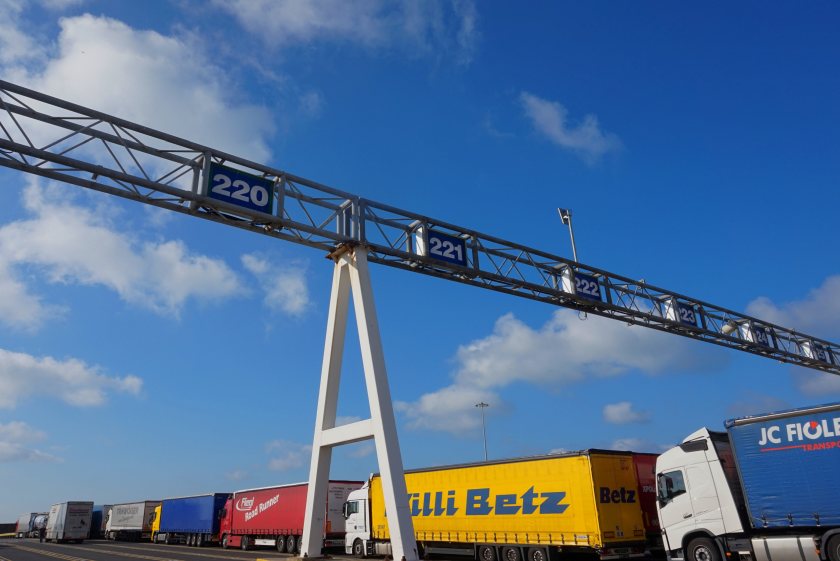Fruit and veg border checks axed ahead of new UK-EU deal

The UK government has announced it will scrap costly fruit and veg import checks from the EU, easing trade headaches ahead of a new post-Brexit deal.
The significant policy shift is set to offer a major reprieve for importers ahead of a new sanitary and phytosanitary (SPS) agreement with the bloc.
The move, which affects medium-risk produce including tomatoes, peppers, grapes, cherries, and peaches, will prevent the introduction of costly inspections and fees that were due to come into force this summer.
Instead, businesses will continue to import these products without border checks or additional charges until at least January 2027.
The government said today (2 June) that the change would slash red tape, cut costs, and support economic growth in line with its “Plan for Change.”
Its forthcoming SPS deal aims to establish a shared UK-EU zone, which it said would remove routine checks on food trade and make it cheaper and easier to move goods across borders.
Biosecurity Minister Baroness Hayman said today: “This government’s EU deal will make food cheaper, slash bureaucracy and remove cumbersome border controls for businesses.
"A strengthened, forward-looking partnership with the European Union will deliver for working people as part of our Plan for Change.”
Originally, the government had planned to introduce new import rules from 1 July 2025.
However, following the announcement of the SPS agreement, the start date has now been postponed to 31 January 2027, giving businesses additional time to adapt.
Nigel Jenney, chief executive of the Fresh Produce Consortium (FPC), welcomed today's move: “This is a unique and sector-specific exemption, and one we’ve fought long and hard to achieve.
“We’re proud to have secured a common-sense solution that protects our diverse and critical industry– from supermarket supply chains to the thousands of SMEs in wholesale and foodservice.”
While formal negotiations on the SPS deal are still underway, businesses must continue to follow the UK’s existing Border Target Operating Model (BTOM).
This sets out what import controls are applied to animals, animal products, plants and plants products at the UK border.








